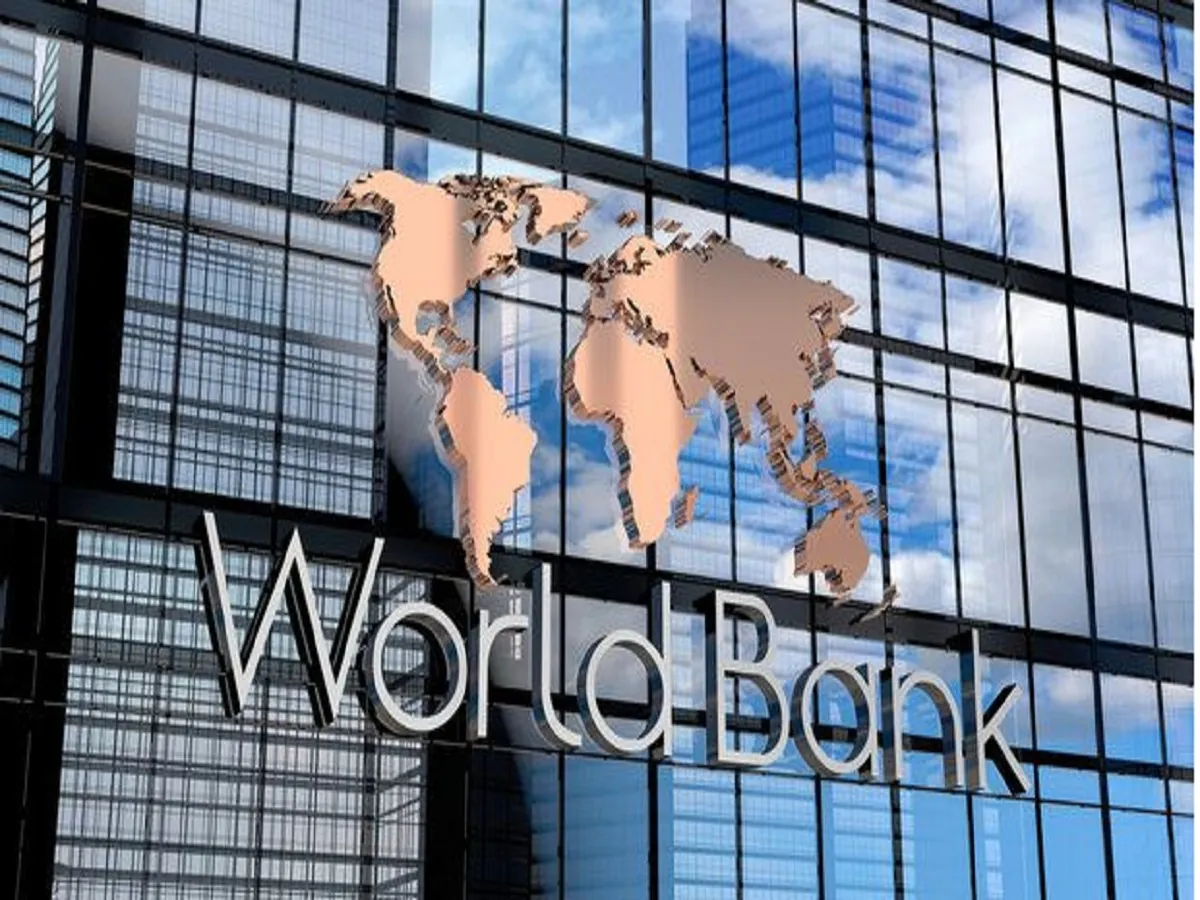

THE World Bank has approved a $1.08 billion financing package aimed at strengthening Nigeria’s education system, tackling malnutrition, and boosting economic resilience among vulnerable communities.
The funding, which supports three major initiatives, underscores the World Bank’s commitment to Nigeria’s long-term development goals as outlined in the country’s National Development Plan (2021–2025) and Multisectoral Plan of Action for Food and Nutrition.
A significant portion—$500 million—has been allocated as additional financing for the Community Action for Resilience and Economic Stimulus (NG-CARES) Programme. Since its inception, NG-CARES has benefited over 15 million Nigerians. The new funding will expand its scope to provide broader economic support amid ongoing challenges such as inflation, unemployment and shocks from global economic disruptions.
Another $80 million has been earmarked for the Accelerating Nutrition Results in Nigeria (ANRIN 2.0) project. This initiative will focus on improving nutrition services, promoting dietary diversity, and offering critical support to vulnerable groups, particularly pregnant women, lactating mothers, and children under five. Malnutrition remains a major concern in Nigeria, with millions of children suffering from stunted growth and preventable illnesses due to poor nutrition.
The final component of the package, $500 million, is dedicated to the Hope for Quality Basic Education for All (HOPE-EDU) programme. This ambitious education reform initiative aims to enhance foundational literacy and numeracy skills for approximately 29 million children. It will also provide training and support to over 500,000 teachers and improve infrastructure and learning environments in more than 65,000 schools across Nigeria.
Dr Ndiamé Diop, World Bank Country Director for Nigeria, emphasized the strategic importance of the investments: “Investing in human capital is critical for Nigeria’s future. These programmes are designed to accelerate improvements in education, nutrition, and economic well-being—key pillars for long-term stability and inclusive growth.”
Recent disbursements from the World Bank include a $500 million loan on March 28, 2024, for the NG-CARES programme and an additional $632 million package finalized on March 31, 2025, comprising $80 million for ANRIN 2.0 and $552 million for HOPE-EDU.
With these investments, Nigeria aims to reduce poverty, strengthen food security, and close educational gaps, particularly in underserved and rural communities.
Also, the World Bank is planning a $10.50 million grant to Nigeria aimed at boosting the technical capacity of the Central Bank of Nigeria (CBN) and modernising the country’s domestic payment infrastructure.
The grant is being provided under the Finance for Development Multi-Donor Trust Fund and represents a partnership between the World Bank and the CBN.
According to information obtained from the World Bank website, the proposed CBN Technical Assistance Facility aims to integrate innovative technologies and data science into the CBN’s supervisory processes.
READ ALSO: How Nigeria can maximise $500m World Bank loan —LCCI
The Independent Petroleum Marketers Association of Nigeria (IPMAN) has threatened to shut down operations in…
Lawmaker representing Jigawa North-East senatorial district, Senator Babangida Hussaini, has made significant contributions to the…
Vice President Kashim Shettima on Wednesday assured that the difficult but very crucial decisions taken…
The deal was formalized in a signing ceremony attended by both Trump and Qatar’s Emir,…
The Chief Justice of Nigeria (CJN), Justice Kudirat Kekere-Ekun, has said that the challenges of…
The Institute of Health Service Administrators of Nigeria (IHSAN) has advocated for an increase in…
This website uses cookies.